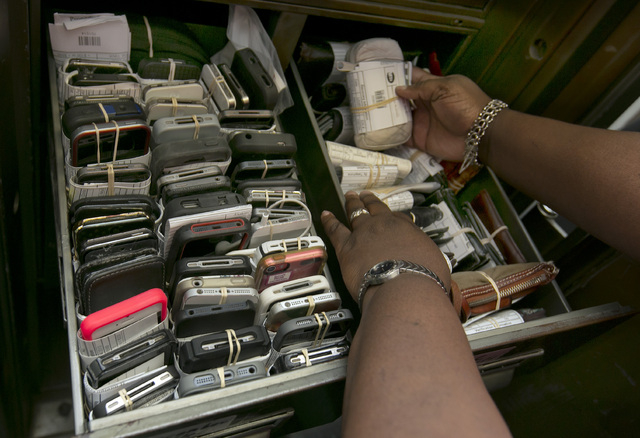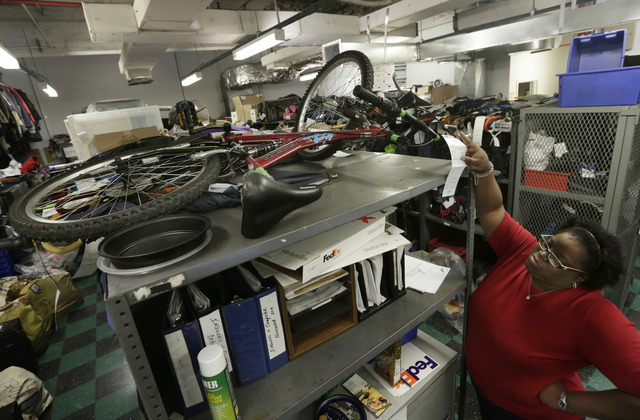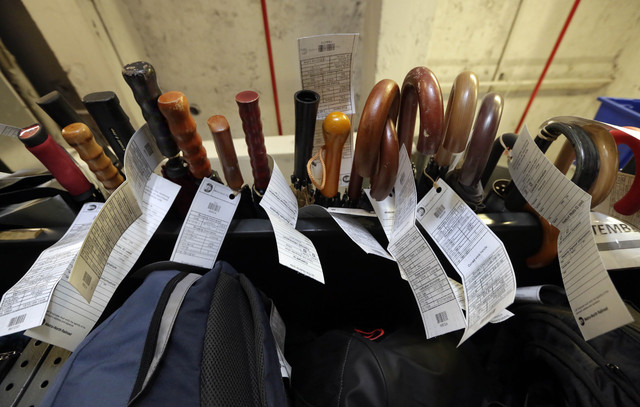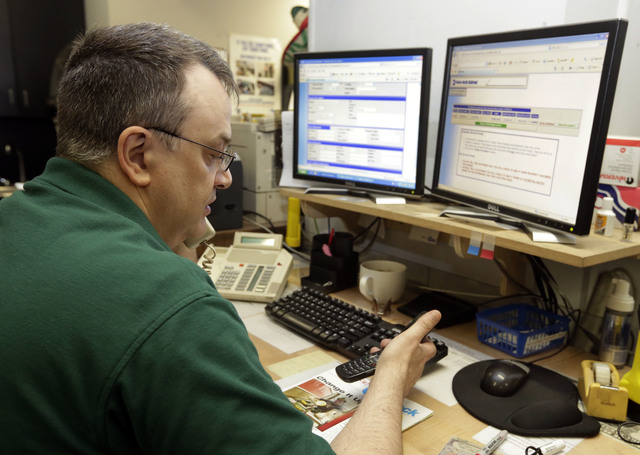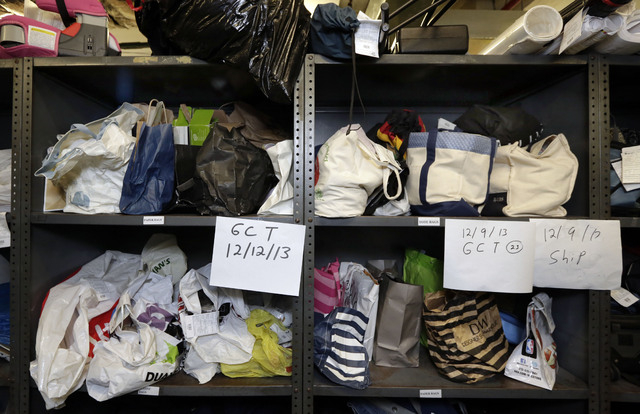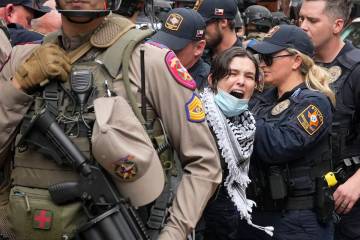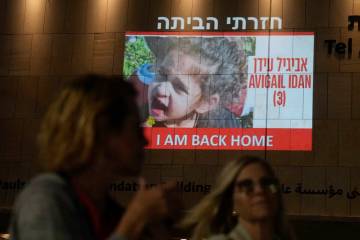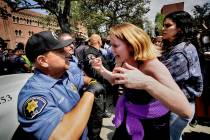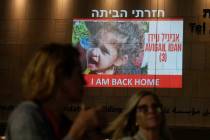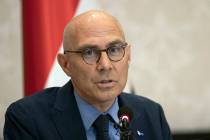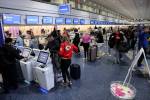New York City subways’ lost and found flooded with unusual objects
NEW YORK — For the handful of New York transit officials who dutifully collect and catalog more than 50,000 items a year lost on commuter trains, subways and buses, the monotonous flood of wallets, handbags, eyeglasses and smartphones is occasionally broken by tales of some of the crazier things left behind.
There was a pet bunny rabbit, a prosthetic leg, a car bumper, a tuba, a diamond engagement ring and an ordinary-looking briefcase that was opened to reveal a dizzying array of adult toys.
“We get false teeth almost every week,” said William Bonner, supervisor of the New York City Transit lost-and-found office below the 34th Street subway, which has amassed 26,000 items this year. “How do you lose your teeth?”
A few blocks north at the Metropolitan Transit Authority’s Metro-North Railroad lost and found deep under Manhattan’s Grand Central Station, five clerks oversee the 100 to 150 items that come in every day from Metro-North trains, which run between the city and its northern suburbs and Connecticut.
For every item, the clerks document the train, car and seat number where it was found. Beyond the boxes and bins of the most common items — wallets, keys, reading glasses, umbrellas and electronics — there is a dry cleaner-style coat rack to handle hundreds of forgotten coats. There’s also an area designated for at least a half-dozen bicycles in the office at any given time.
“We get bikes,” marveled clerk Raymond Rosario, 41. “I don’t know how, but they leave them on the trains.”
Melissa Gissentanner, the unit’s manager, said the MTA takes pride in getting items back to their owners, boasting a 60 percent return rate. “We are the most successful lost and found in the country and possibly the world,” she said.
People looking for their property can submit a report online. Items that go unclaimed are sometimes donated or eventually sold. Bonner says an asset recovery unit takes unclaimed cellphones and other items that are sold to companies or put on the MTA website for an auction.
Both lost-and-found operations say the holiday season, when residents and millions of tourists are more rushed than usual, is the busiest (and apparently most forgetful) time of the year.
Clerks become detectives on their own, searching through coat pockets, say, for a business card they might call to locate the proper owner.
Every once in a while they also interact with repeat customers such as college student Ezra Marcus, who in October forgot his wallet on a Metro-North train, recovered it but then lost it again in November and learned this month it hadn’t yet been found.
“I’m one for two,” said Marcus, 21. “It’s not a big deal, I canceled the debit card. … They were able to help me out before.”
For Rosario, who has worked at Metro-North’s lost and found for 10 years, the wacky finds and hard-to-believe stories are popular, but the job ultimately is rewarding for giving people hope after losing items that often hold sentimental value.
“We all know how it feels to lose an item,” he said, recounting the time someone claimed a scarf that had been hand-knitted by a since-deceased grandmother. “I’ve seen people cry when they get their stuff back and they’re really, really elated.”





